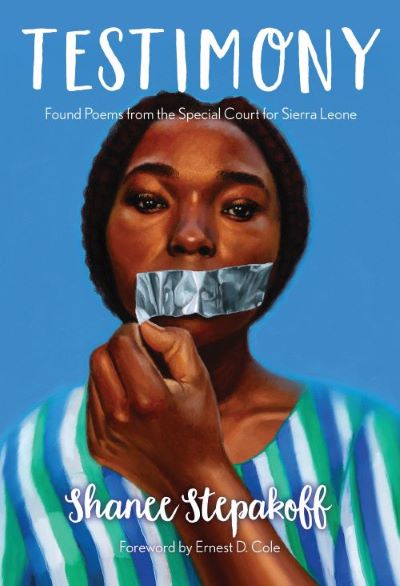“To be heard,
There needs to be a speaker, a committed listener (depending on roles performed) and a common language.” Shanee Stepakoff, Author of ‘Testimony’ and clinical psychologist. She has worked internationally with post-war survivors. Her interest is poetry therapy, a beautiful combination of poetry and healing, aiming to amplify the voices to the committed listeners.
Context: She has always had a keen interest in justice and human rights. Growing up post-Holocaust always hearing the words “Never Again!” a common phrase for most communities and individuals recovering from a traumatic experience.
Sierra Leone’s civil war was the main inspiration of this book, coupled with her previous experiences and those she heard from her predecessors. There is a War Crimes Tribunal, a special court in Sierra Leone that holds people accountable for the atrocities committed. There is one that establishes the truth of what exactly was occurring at the time, based on different peoples experiences. People were heard, to some extent, though deep down they intend to convey a different sentiment, not forgetting that interpretations are relative to the listener. Even as I write, I chose what I want to address, what stood out to me the most, my understanding based on my experiences.
She chose 8 poems, in which she felt that these voices should be amplified. She expressed the use of stylistic devices like similes and metaphors, contrary to how we know it as academics, rather of how they expressed themselves in a way that anyone can picture and experience. She also expressed that the sentiment of these voices was not like any other, it was an amalgam of grief, pain and bewilderment.
The book ends with the poem: Victims of war, a blank page. It was an intentional moment of silence for those who perished. Sometimes silence is louder, clearer and more understood. Silence gives you the opportunity to speculate, to listen, to understand, to experience, and to survive.
…
~Holiness Kerandi
